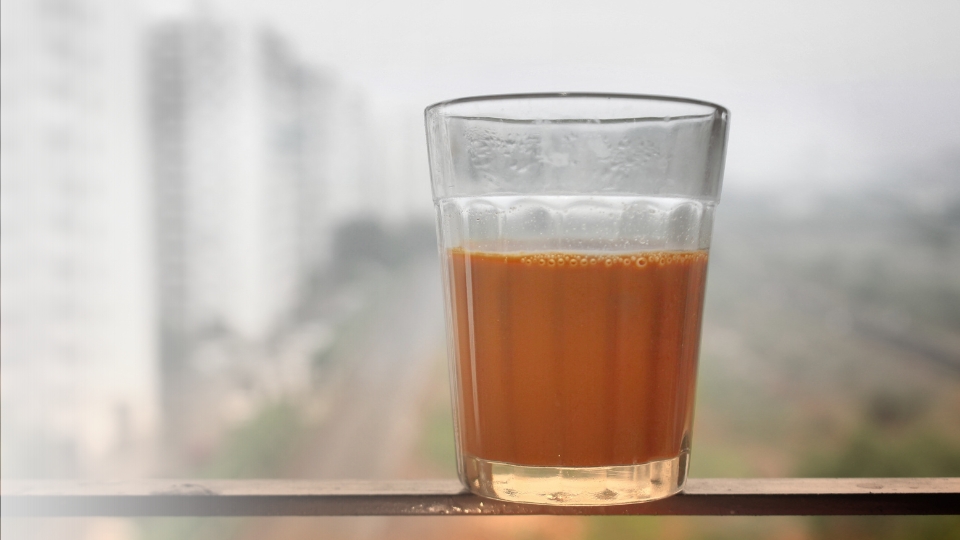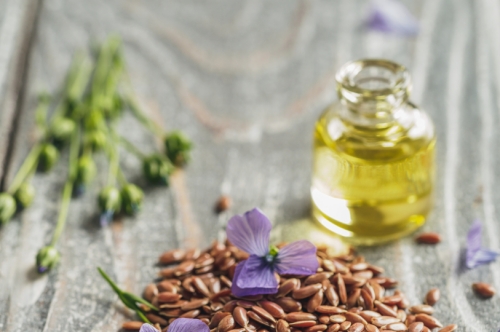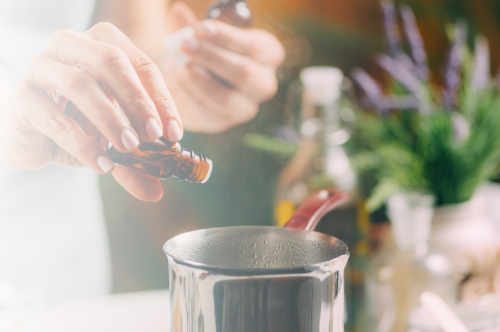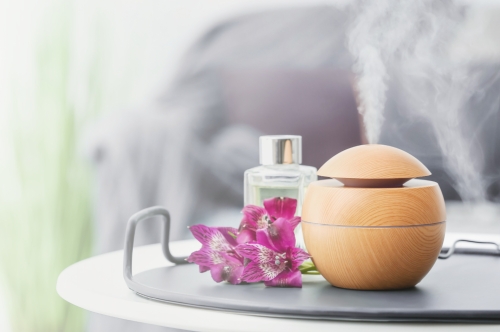Exploring The Exquisite Types of Tea Flavours in India

Embracing Tradition and Taste: Exploring the Exquisite Tea Flavors of India
In the realm of sensory experiences, few pleasures compare to the simple yet profound act of sipping a cup of tea. Beyond being a mere beverage, tea embodies culture, history, and regional diversity that has seamlessly woven into the fabric of our lives. From the bustling streets of cities to the serene landscapes of villages, the aroma of freshly brewed tea evokes a sense of comfort and connection that resonates deeply with us all.
In this article, we embark on a flavorful journey through the vibrant tapestry of tea flavours in India, a nation renowned for its rich heritage and culinary diversity. Prepare to be enchanted as we traverse the mist-covered hills of Darjeeling, the lush tea estates of Assam, and the bustling markets of Mumbai, unearthing the captivating stories behind each tea variant.
From the robust and malty character of Assam tea to the delicate and floral notes of Darjeeling tea, we will uncover the distinctive traits that make each tea type a cherished gem. Delve into the soothing embrace of masala chai, an embodiment of aromatic spices that dance harmoniously with strong black tea. Experience the refreshing tang of lemon tea, a companion during sweltering summer days. Envision the elegance of Kashmiri kahwa, infused with saffron and warmth, and the invigorating essence of mint tea that awakens the senses.
Beyond the flavours themselves, we'll delve into the cultural significance of these teas, exploring how they've become an integral part of social interactions, celebrations, and everyday rituals. As we navigate through this aromatic expedition, you can expect to discover the intricate balance of tradition and innovation that shapes the tea landscape in India.
Join us on this sensory odyssey, where the gentle rustling of tea leaves meets the clinking of cups, inviting you to explore the myriad stories encapsulated within each brew. From ancient practices to contemporary fusions, our exploration of India's tea flavours promises to leave you with a newfound appreciation for the artistry and diversity that grace our cups and enrich our lives.
Variety of Tea Flavors in India: A Culinary Journey
India, known for its diverse cultural tapestry and rich history, is also a land of aromatic teas that tantalize the taste buds of millions worldwide. From the misty hills of Darjeeling to the vibrant markets of Mumbai, the country boasts an array of tea flavours that reflect its unique geography, climate, and cultural influences. Let's embark on a flavorful journey through the various types of tea flavours in India.
-
Masala Chai: One of the most iconic Indian tea flavors, masala chai is a delightful concoction of strong black tea, milk, spices like cardamom, ginger, cloves, and black pepper, and sweeteners. This blend creates a harmonious symphony of flavors that provide warmth and comfort.
- Darjeeling Tea: Hailing from the picturesque Darjeeling hills in West Bengal, this delicate and aromatic tea is often referred to as the "Champagne of Teas." Its light muscatel flavor and floral notes make it a favorite among connoisseurs.
- Assam Tea: Named after the northeastern state of Assam, this robust and bold black tea is characterized by its malty taste and briskness. It's often the base for strong morning brews and is enjoyed with or without milk.
- Nilgiri Tea: Grown in the Nilgiri hills of South India, this tea boasts a brisk and floral character. It's a versatile tea that can be enjoyed on its own or blended with other flavors.
- Kashmiri Kahwa: Originating from the picturesque region of Kashmir, this tea is a blend of green tea, saffron strands, spices like cardamom and cinnamon, and chopped nuts. The result is a fragrant and rejuvenating brew.
- Lemon Tea: A popular choice during the scorching summers, lemon tea combines the tangy freshness of lemon with the briskness of black tea. It's often enjoyed with a hint of honey for sweetness.
- Ginger Tea: Known for its medicinal properties, ginger tea combines the heat of ginger with the soothing qualities of tea. It's a go-to remedy for colds and sore throats.
- Elaichi Tea: Elaichi, or cardamom, adds a sweet and spicy flavour to tea. This aromatic brew is cherished for its rich aroma and invigorating taste.
- Tulsi Tea: Tulsi, or holy basil, is revered in Indian culture for its health benefits. Tulsi tea blends dried tulsi leaves and other herbs, creating a refreshing and soothing infusion.
- Saffron Tea: Saffron, the world's most expensive spice, finds its way into Indian tea. Saffron tea offers a delicate aroma and a unique flavour profile that's both luxurious and calming.
- Mint Tea: Refreshing and cooling, mint tea combines the invigorating taste of mint leaves with the comforting qualities of tea. It's a popular choice after a heavy meal.
- Rose Tea: Fragrant and enchanting, rose tea captures the essence of rose petals in a delicate infusion. The tea exudes a romantic and soothing vibe.
- Fennel Tea: Fennel seeds are known for their digestive properties. Fennel tea combines the mild liquorice flavour of fennel with tea, offering a soothing after-meal drink.
- Hibiscus Tea: Made from vibrant hibiscus flower petals, this tea has a tart and fruity flavour. It can be enjoyed hot or cold and is often used as a natural remedy for high blood pressure.
- Chocolate Tea: A modern innovation, chocolate tea combines the richness of cocoa with the comforting notes of tea. It's a delightful treat for those with a sweet tooth.
- Coconut Tea: Infused with the tropical flavour of coconut, this tea offers a unique twist. The creamy and nutty notes of coconut complement the tea's base flavour.
- Earl Grey Tea: Though not native to India, Earl Grey tea, infused with bergamot oil, has gained popularity in the country. Its citrusy and fragrant notes are a welcome addition to the Indian tea scene.
- Green Tea: While not as common as black tea, green tea has made its mark in India for its health benefits. It has a fresh and grassy flavour that appeals to those looking for a lighter alternative.
- Flavoured Herbal Teas: In recent years, a plethora of flavoured herbal teas have emerged, blending traditional Indian spices with various herbs and fruits. These teas offer a fusion of tastes that cater to a wide range of preferences.
- Fusion Blends: India's love for experimentation has led to fusion blends that combine Indian tea flavours with international ingredients. This includes combinations like chai latte, turmeric-infused tea, and more.
Buy Cardamom Tea Flavour from Norex
In the vibrant tapestry of Indian tea flavours, each sip tells a story of tradition, innovation, and the deep connection between culture and cuisine. Whether sipped in a bustling marketplace or savoured during moments of quiet reflection, Indian teas offer a sensory experience that transcends borders and brings people together in a shared appreciation for the art of brewing and flavour infusion.
India's Enduring Love Affair with Tea: A Cultural and Culinary Journey
Tea, an integral part of Indian culture, has woven itself seamlessly into the nation's fabric, becoming much more than just a beverage. With a history dating back centuries, the relationship between India and tea is a captivating tale of cultivation, trade, and cultural fusion.
Origin and Growth
Tea's journey in India began with the British East India Company, which saw the potential for cultivating tea in the northeastern region. In the mid-19th century, the British introduced tea plantations in Assam, a move that would transform the Indian landscape and lifestyle forever. The fertile soil and climate proved ideal for tea cultivation, and the Assam tea industry flourished.
Cultural Significance
Tea soon transcended its status as a mere beverage, becoming an essential part of Indian social and cultural practices. The iconic "chai" culture emerged, characterized by the brewing of strong black tea with milk, spices, and sweeteners. Chai became a cornerstone of Indian hospitality, served to guests and shared among friends and family during conversations, celebrations, and leisure moments.
Variety of Flavors
India's diverse geography and cultural influences have given rise to a vast array of tea flavours. From Darjeeling tea's delicate notes to Assam tea's robust character, each region contributes a unique taste profile. Spiced masala chai, infused with spices like cardamom, ginger, and cinnamon, captures the essence of India's aromatic culinary heritage.
Health and Wellness
Traditional Ayurveda, India's ancient system of medicine, recognizes the health benefits of various teas and herbs. Tulsi (holy basil) tea, for instance, boosts immunity and promotes wellness. Turmeric-infused tea is revered for its anti-inflammatory properties, reflecting the integration of traditional remedies into modern tea culture.
Tea and Traditions
Tea also plays a role in religious and cultural rituals. During festivals and ceremonies, special teas like Kashmiri kahwa, infused with saffron and spices, symbolise hospitality and reverence. In Sikh temples, tea (Chai Langar) is served as part of the community meal, embodying the principles of equality and unity.
Economic Impact
The tea industry has significantly impacted India's economy, providing employment to millions of people, particularly in the tea-growing regions of Assam, Darjeeling, and Nilgiri. Tea exports contribute to foreign exchange earnings and international trade, making India a prominent player in the global tea market.
Cultural Exchange
India's role in the tea industry extends beyond its borders. Indian tea culture has influenced various parts of the world, from the British afternoon tea tradition to the global popularity of chai latte. This cultural exchange underscores the far-reaching impact of India's tea heritage.
Innovation and Fusion
As India continues to embrace innovation, its tea culture evolves to cater to modern tastes. Flavoured herbal teas, fusion blends, and speciality variations have gained popularity, reflecting a blend of traditional and contemporary preferences.
Sustainability and Challenges
While the Indian tea industry has prospered, it faces challenges such as fair labour practices, environmental sustainability, and market fluctuations. Efforts are being made to promote ethical and sustainable practices to ensure the welfare of tea workers and the environment.
Check out our blog on natural food flavours
Unity in Diversity
India's relationship with tea mirrors its diversity and unity. Just as the diverse flavours come together to create a harmonious blend, the cultural mosaic of India finds expression in its tea culture, bringing people from various backgrounds together over a shared love for this aromatic brew.
In conclusion, India's connection with tea is far from a mere culinary preference; it's a testament to the nation's history, culture, and enduring spirit. From the bustling streets of Mumbai to the tranquil plantations of Darjeeling, the aroma of tea continues to weave a narrative that reflects the past, celebrates the present, and embraces the future.
Frequently Asked Questions
1. What is the most popular tea flavour in India?
Assam tea, known for its bold flavour and robustness, remains one of India's most popular tea choices.
2. What is the difference between black tea and green tea?
Black tea is fully oxidized, producing a robust taste, while green tea is unoxidized, offering a lighter and fresher profile.
3. Is Indian tea enjoyed best with or without milk and sugar?
Indian tea is often enjoyed with milk and sugar, enhancing its flavours and creating a creamy, balanced taste.











